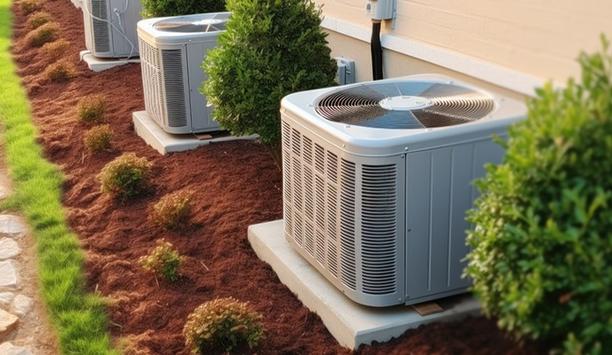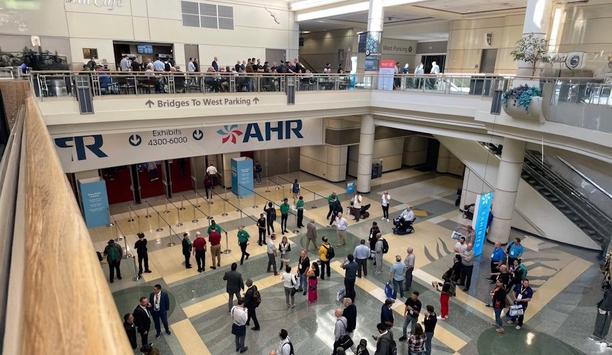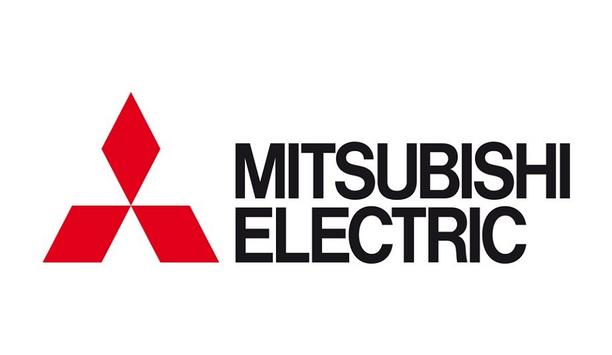As businesses seek a return to normal following the global pandemic, they also face the prospect of new hurdles if the worst of the virus reemerges. Uncertainty reigns, and businesses do not know whether day-to-day operations will return to normal in six months, a year or two from now – or never.
In a survey by the American Supply Association (ASA), 27.3% of respondents expect operations to return to pre-COVID-19 levels in two to three months, and 25% say it will be four to six months. But 11.4% think normalcy could be one or two years away.
ASA serves wholesaler-distributors and their supply chain partners in the plumbing-heating-cooling-piping (PHCP) and industrial pipe-valve-fitting (PVF) industry.
Economic Uncertainty, Employee Morale and Customers
Top challenges facing companies related to the pandemic are economic uncertainty (77.8%), employee morale (53.3%), and customers going out of business (36.4%), according to ASA survey respondents. Those “customers” would likely include HVAC service companies. Other challenges listed include external communications (28.9%), employee safety (26.7%) and managing overall safety requirements and regulations (20%).
The last of four ASA surveys measuring the COVID-19 impact, the latest results include encouraging signs of progress, too. Regarding current operational status, 88.9% of ASA members say they are 90-100% operational, and another 8.9% put themselves in the 75-89% category. Only 24.4% of ASA respondents in the survey report employees with confirmed cases of the virus.
HVAC Businesses and Pandemic Concerns
For some businesses, the COVID-19 pandemic has posed an existential threat. However, of the 1,328 respondents to the ASA survey, 42.2% had no concerns about long-term viability due to the virus, and another 40% had only mild concerns.
88.9% of ASA members say they are 90-100% operational, and another 8.9% put themselves in the 75-89% category
Only 35.6% of respondents have had to furlough, lay off or terminate employees since March 1. Some 62.5% say they have already hired back or plan to hire back recently laid off employees; 25% report they are not sure yet.
A large share of respondents (44.4%) expect between 1 and 20% of their employees will work remotely for the reminder of 2020, while 24.4% say between 21 and 50% will continue to work remotely through the end of the year.
Supply Chain Disruption
Supply chain disruption is another consequence of the pandemic in many markets. In the ASA survey, two-thirds of respondents reported delays in getting materials and products from suppliers due to the virus. For those who reported delays, most were in the range of one to three weeks (44.4%), while 33.3% reported delays of less than a week, and another 11.1% reported delays of more than three weeks.
Only 35.6% of respondents have had to furlough, lay off or terminate employees since March 1
With most industry trade shows canceled due to the coronavirus, survey respondents shared their expectations about future participation in conferences, events and/or exhibits. Almost a third of respondents (31.1%) expect large group activities to return in four to six months. Another 31.1% say they think it will be longer – 7 to 12 months. On the optimistic side, 18% expect trade conferences and shows to resume in one to three months, while another 16% were much less optimistic: They expect group activities will resume in a year or longer.
The fourth and final COViD-19 impact survey was conducted by ASA business intelligence partner Industry Insights.








































